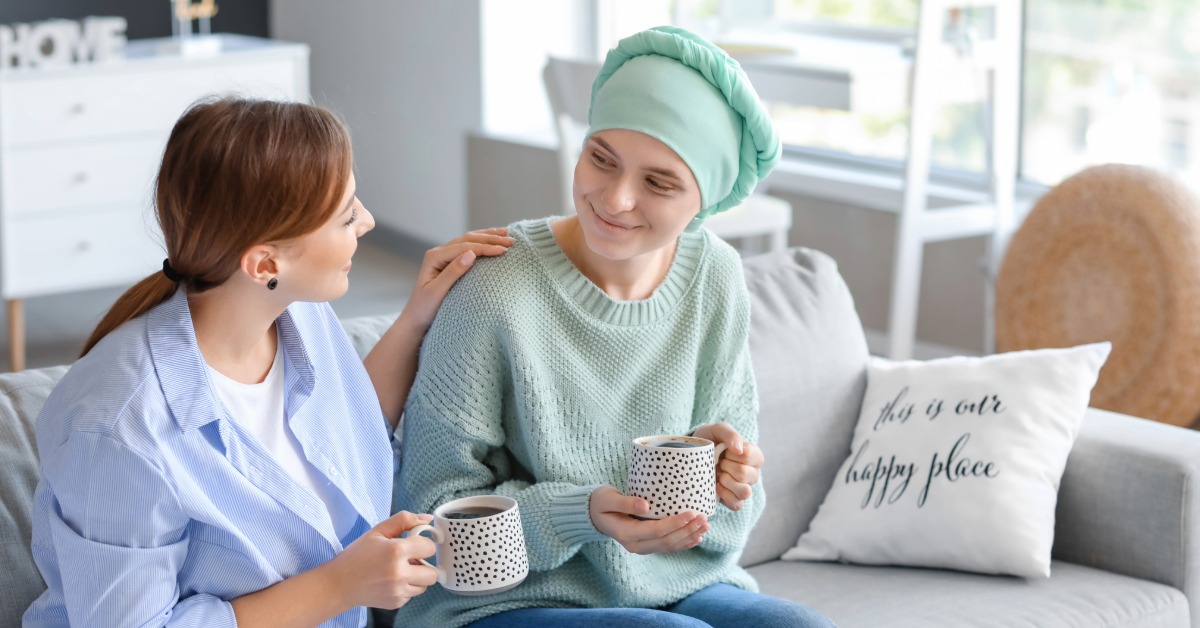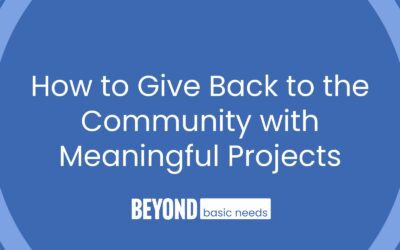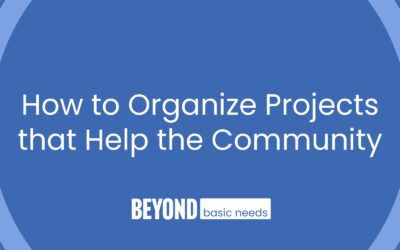
Start with honesty and heart
It’s okay not to have perfect words. In fact, it’s better that way. You can say, “I don’t always know what to say, but I’m here,” or “You don’t have to go through this alone.” What matters most is that your love is steady, and your presence is real.
Keep the lines of communication open. Listen more than you speak. Let her lead the conversation, whether she wants to discuss chemo side effects, fears, or just what’s for dinner. You’re not there to solve everything. You’re there to remind her she’s still herself, sister, friend, warrior, and deeply loved.
Love in the little things
Support isn’t always big gestures. It’s picking up groceries without being asked, sitting through an infusion with her, remembering which snacks she can tolerate, folding laundry, driving her to appointments, and creating normalcy in a time that’s anything but.
Don’t wait for her to ask. Offer something specific: “Can I take the kids Friday?” or “Want to binge that show this weekend?” That kind of care says, I see you. I’ve got you.
Care for you, too
Being a caregiver or a sibling supporter is emotionally demanding. It’s okay to have your own hard days. Talk to a counselor, join a support group, or lean on a friend. The stronger you are, the more present you can be for her.
At Beyond Basic Needs, we know this journey asks more from the heart than from any handbook. You don’t need to have all the answers. You just need to be there with grace, empathy, and love that says: You’re not doing this alone.







